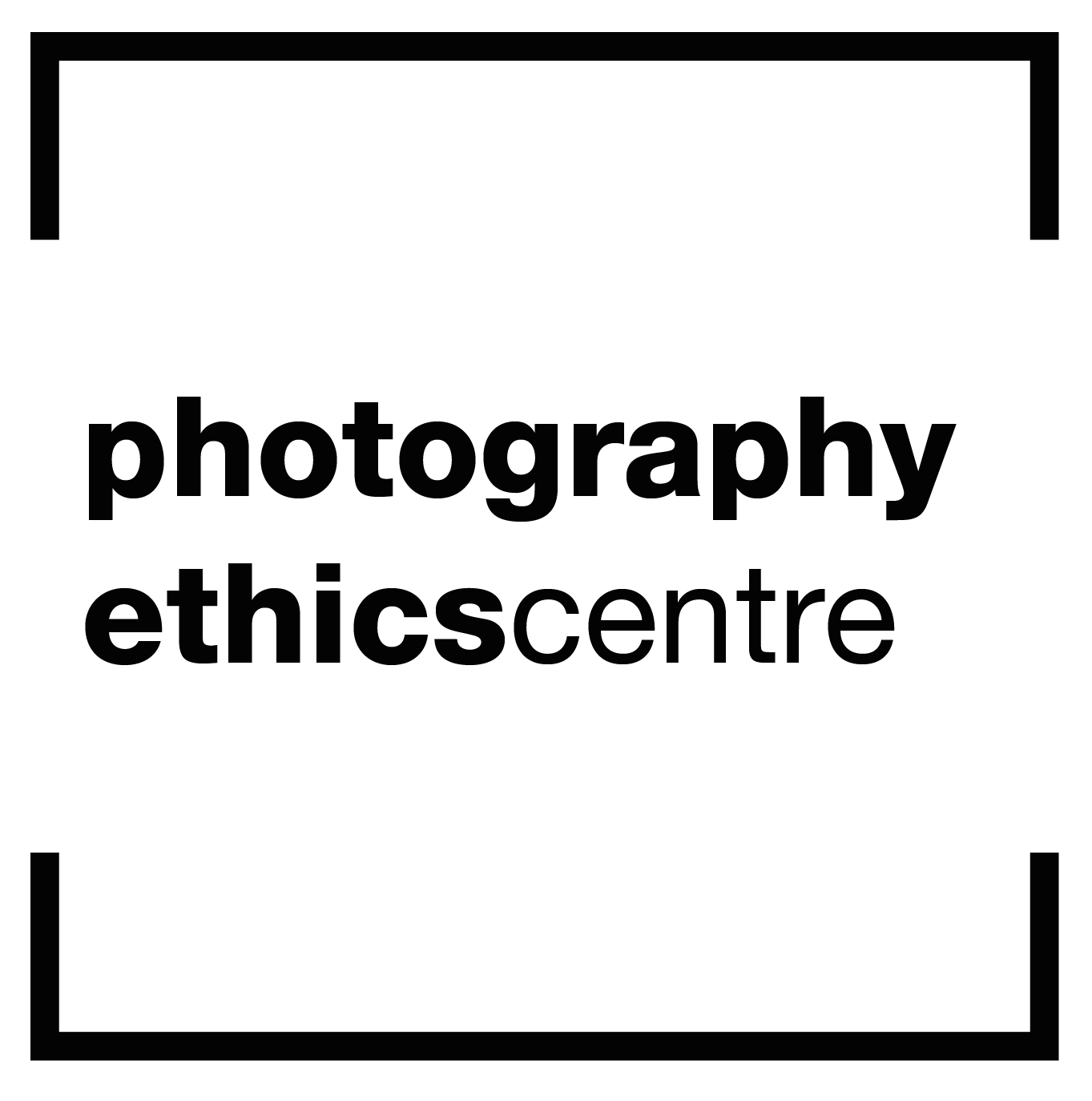Fati Abubakar: On changing the narrative
In this episode, we talk with Fati Abubakar about changing the narrative. Fati explains her motivations for countering misrepresentation and creating new narratives. She explores the ethical issues that can arise when photographers fly in to a country without a deep awareness of cultural nuances and the resulting repercussions. Fati describes her connection to the people she photographs and how invested she becomes in their stories. She also talks about her experience with managing work life balance, and how she took a break from conflict zones and attended therapy to address this. Fati details her approach to teaching photography and why it is important to teach them about photography ethics.
What you’ll find inside:
‘There’s always this backdrop of tragedy. And I didn’t like how we were always unhappy in coverage in mainstream media. Do we ever have weddings? Do we give birth to children? Are there naming ceremonies? Are we in school? Do we go to the market to buy groceries? What is the day to day in a conflict zone?’ (4.41)
‘I didn’t like how we were showing people online or on television, and talking about this girl was raped by a terrorist or this girl was a sex slave for a terrorist knowing there would be repercussions. So there wasn’t a lot of attention on the cultural differences that we had and also on ensuring that person had the safety that they needed.’ (7.45)
‘I wonder would I want to be in a book? Would I want to be in someone’s home, in a frame from a photo they bought? Would I want to be in a gallery? A lot of these questions are personal for me, at the same time being an ethical, and moral dilemma.’ (12.50)
‘The closer you are, the more of a burden it becomes because you start to feel personally responsible for anything that happens to that person. And then you become emotionally attached to a point where you’re very protective of however the content is being used.’ (17.18)
‘I have a tendency to get so absorbed to a point where I want to see where they go, where the story leads, how they end up, and I still want to communicate and I always want to link them to other organisations that may help them. For me it becomes a personal issue.’ (24.00)
On going to therapy and work life balance: ‘I cried at her for teaching me boundaries. I was easily accessible, I was available to everyone but myself.’ (27.45)
‘I came into teaching knowing that I didn’t want to teach young, impressionable people photography without making them aware of not only the historical colonial gaze in many different continents, but also moving forward how to represent their own communities.’ (29.50)
‘I think that a lot of people go in with the camera first. I think that for me is a problem. Sometimes you have to spend a lot of time without the camera to understand people, to understand society.’ (37.16)
What does photography ethics mean to Fati?
‘For me, approaching a story ethically, means that… I always say that I want to photograph people the way I would like to be photographed. And it means that I want someone to take a photo of me where I would be happy with the image, and how I would be represented. And always to show me what the image looks like, to show me how they portrayed me. To show me how they will tell my story, to ask me if I like how my story is being told, to ask me if this captures the essence of my story. So it’s always for me how would you take this photograph if this was someone in your family or if this was you and your self portrait? Are you happy with what this looks like? Is this something you want to present to the world?’ (40.11)
Links:
Fati Abubakar is a documentary photographer, photojournalist, and public health worker in Nigeria. She focuses on health perspectives, using photography as a medium to highlight problems at the community level. She also has an interest in documenting cultures, conflicts, urban poverty, rural development, and humanitarian issues. Fati has a special interest in creating counter narratives for under represented communities. Her current work is a personal project to showcase her home town of Borno state at the time of Boko Haram. The project entitled Bits of Borno has gained critical acclaim and has been published in media outlets including the New York Times, BBC, Reuters, and others.
You can see her work at http://fatiabubakar.com.
Thank you to Redeye, The Photography Network, for partnering with us to produce Season 3 of The Photo Ethics Podcast. Redeye is a not-for-profit organisation with a strong ethical focus, offering support and opportunities to help you advance your photography and your career. Find out more at http://www.redeye.org.uk.
